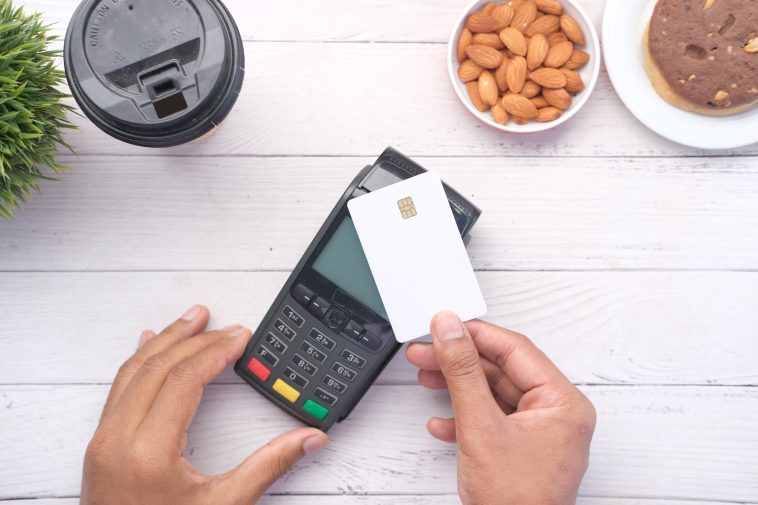According to a recent study conducted by the B2B payment platform, Duplo, Nigeria, Kenya, and Ghana are all behind South Africa in terms of electronic bank transfer usage and the speed of processing invoices. However, Kenya stands out with its dominance in payment automation and mobile money services.
In contrast to Consumer-to-Consumer (C2C) and Business-to-Customer (B2C) transactions, the B2B segment in Africa has faced challenges in fully integrating with digital solutions. Duplo’s report highlights that despite having a market share of $1.5 trillion, the B2B sector in Africa still needs to be explored. According to a World Bank report, the global B2B payment market share is valued at $125 trillion.
Africa’s digital B2B market, despite its significant volume in bank transfers, faces several challenges that impede its growth. Cybersecurity threats, limited infrastructure, poor internet connectivity, and unreliable systems are some major issues that impact transaction speed and hinder businesses’ growth potential in the region.
Despite current setbacks, Duplo’s report maintains a hopeful outlook. The report emphasises that Africa’s B2B payment infrastructure is nearing a pivotal shift. The escalating trend of digital transformation in the business sphere fuels this anticipation. As more businesses gravitate towards automated payment methods such as electronic bank transactions and other cutting-edge solutions, the existing problems will diminish.
Duplo conducted a survey for this study involving 1,218 representatives from 1,200 firms scattered across four countries – South Africa, Nigeria, Kenya, and Ghana.
Electronic bank transfers lead in Africa.
The research revealed that electronic bank transfers were the preferred choice among six different payment methods for 39% of vendors. Other payment methods included debit/credit cards, favoured by 10% of respondents, cash, mobile money and cheques, each garnering 18%, with the rest falling under ‘others’.
Although there is a clear trend towards digital payments, 14% of vendors prefer cash transactions. In the four countries surveyed, many firms in Ghana still rely on cash, a finding that is hardly surprising considering the country’s substantial informal market.
Regarding electronic bank transfers, South Africa stands at the forefront with a 49.1% adoption rate among the businesses surveyed. Nigeria closely follows with an adoption rate of 48.5%, placing it second. Ghana and Kenya take third and fourth place with 34% and 31% adoption rates, respectively.
Also payments via debit/credit cards, South Africa remained at the top with 21.7%. The report attributed this achievement to the country’s well-developed banking sector and widespread card services. In contrast, Ghana trailed with a card adoption rate of only 4.7% among vendors.
Unsurprisingly, mobile money was more prevalent in Ghana (30.4%) and Kenya (27.2%) than in other countries. This is primarily attributed to the significant advancements made by Ghana’s MTN Mobile Money (MOMO) and Kenya’s M-Pesa. With adoption rates of 10.7% and lower, Nigeria and South Africa demonstrate limited usage of this payment method.
Cheques are still more widely used in Kenya and Ghana than in Nigeria and South Africa. Nonetheless, the report highlighted that the demand for paper-based transactions like cheques will decline as more B2B businesses strengthen their integration with technology.
In the realm of payment automation, 83% of Kenyan businesses reported using semi-automated or fully automated systems. As for the duration required to process invoices, South Africa emerged as the leader with 39.93%, albeit with a slim lead over Nigeria’s 39.74% and Ghana’s 38.36%.
Regarding cross-border transactions, the four countries preferred local banking partners and fintech platforms over offshore foreign accounts, Bureau De Change, and cash transactions. The fact that cash was the least utilised option signals a steady shift towards digital payment solutions.
 We just launched our WhatsApp channel. Want to get the latest news from the Tech in Africa?
We just launched our WhatsApp channel. Want to get the latest news from the Tech in Africa?


